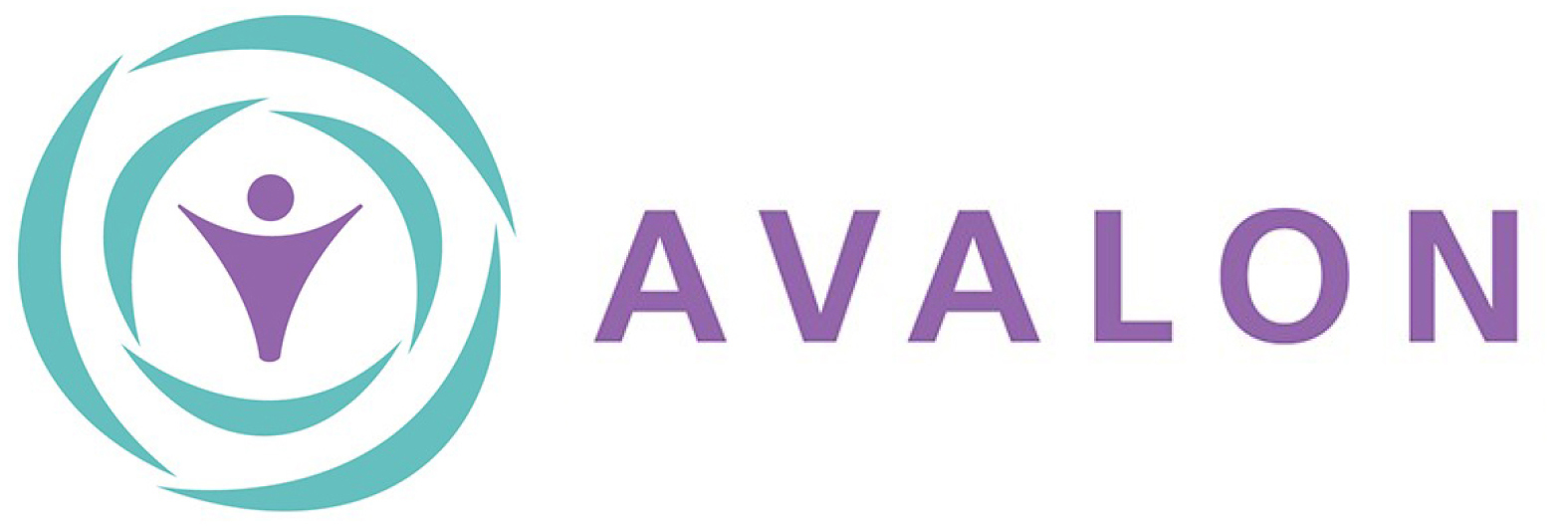Resources
Get the facts about sexualized violence and find support
Guides
What is sexualized violence?
Sexualized violence is when someone acts or behaves sexually towards another person without their consent. Learn about consent and the different types of sexualized violence.
Read our guide
How to support a survivor
Has someone told you they’ve experienced sexualized violence? Your response can have a big impact on their wellbeing and healing. Here’s how to support them.
Read our guide
How to hide your visit to our website
Who can see what you’ve been looking at online? There’s no shame in looking for information or support, but you may want to protect your privacy.
Read our guide
Community Navigation Toolkit
Creating a Community Navigation Program: Supporting Survivors of Sexualized Violence
A Toolkit for Service Providers
The Community Navigation Model aims to address gaps in supports for survivors who may experience barriers to accessing services. Prior to the program, survivors living with disabilities and from Indigenous, African Nova-Scotian, 2SLGBTQIA+, and racialized communities were underrepresented at, and thus, underserved by Avalon.
Downloadables
Queer and trans experiences of sexualized violence
Queer and trans people are more likely to experience sexualized violence. They’re also less likely to seek support afterwards. This brochure sheds light on the issue.
Download the brochure (PDF)
Sexual assault laws and definitions
This brochure explains the legal terms used to describe sexualized violence. It defines sexual harassment, child abuse, and the three levels of sexual assault. It also shows the maximum prison sentences for each.
Download the brochure (PDF)
Sexualized violence and secondary wounding
Secondary wounding is when a survivor of sexualized violence gets a hurtful response when they tell someone what happened to them. This can have a big impact on their wellbeing and healing.
Download the brochure (PDF)
Draw The Line
This campaign offers a collection of posters, postcards, videos and comics. It challenges common myths and explains how everyone can help prevent sexualized violence.
Visit the website
